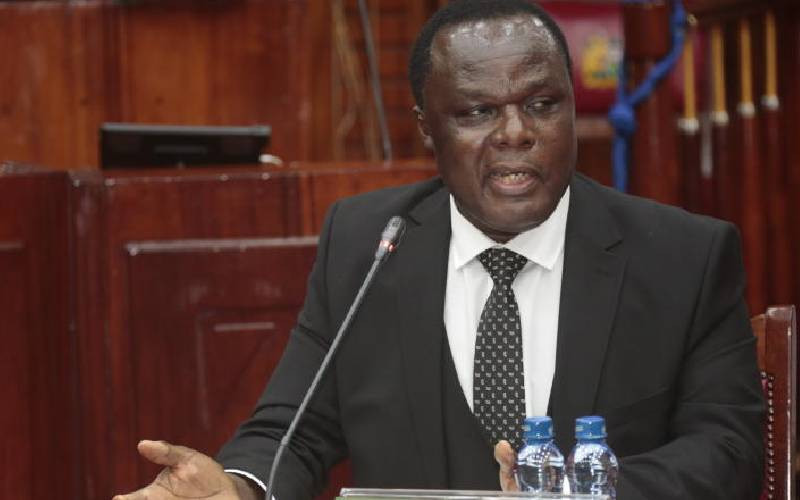×
The Standard e-Paper
Fearless, Trusted News

The cost of doing business and the country's preference for foreign investors have been mentioned by key stakeholders as a hindrance to enterprises' ability to grow and create more employment opportunities.
While there have been positive strides courtesy of government policies, as noted by the newly formed CEOs Association, the State needs to be friendlier to Kenyan businesses.